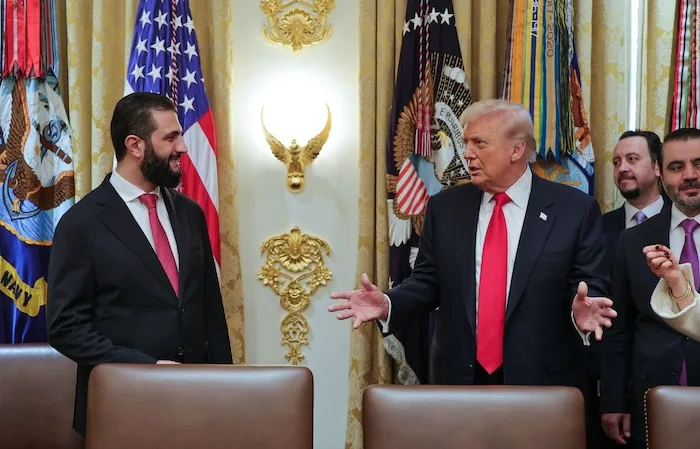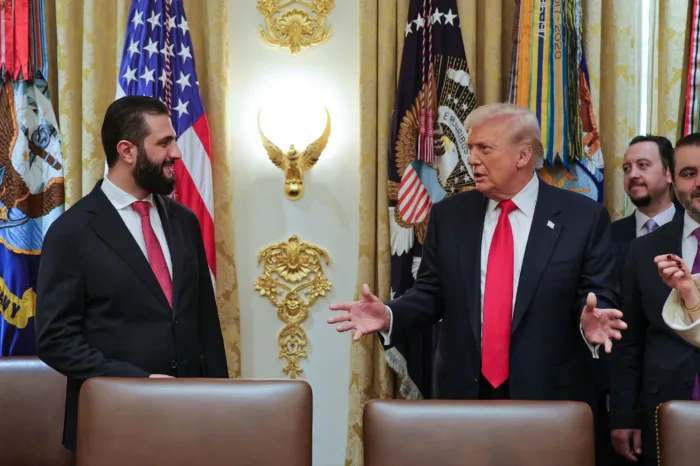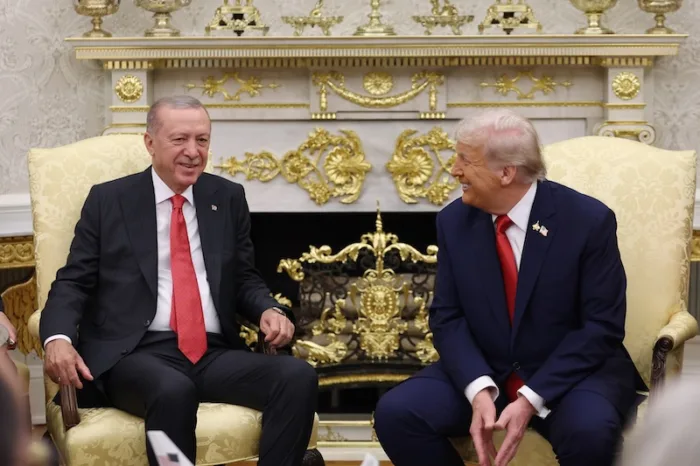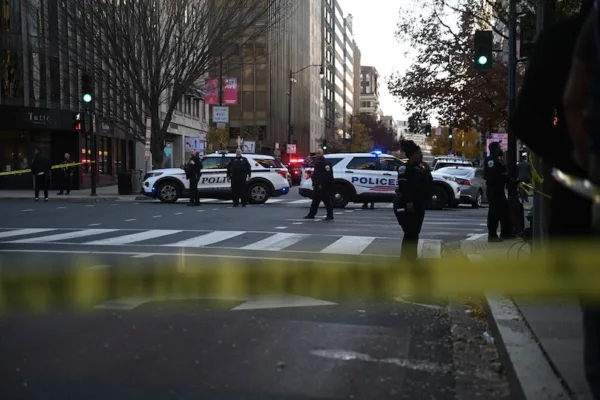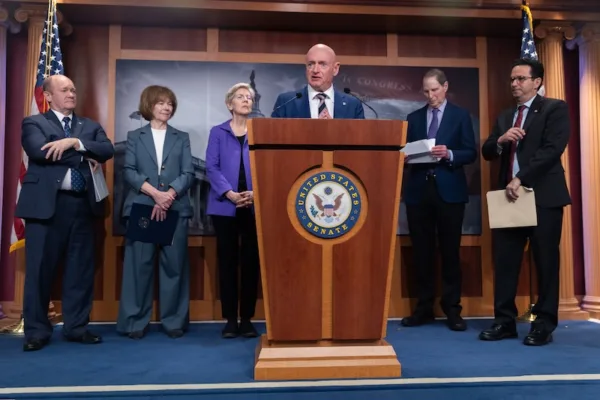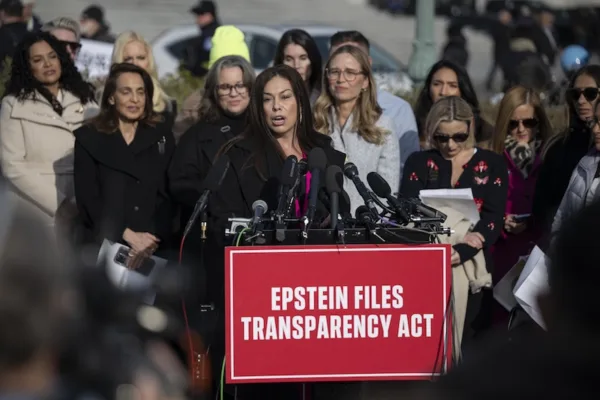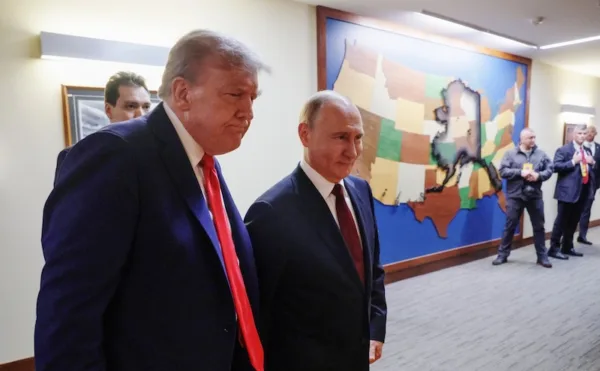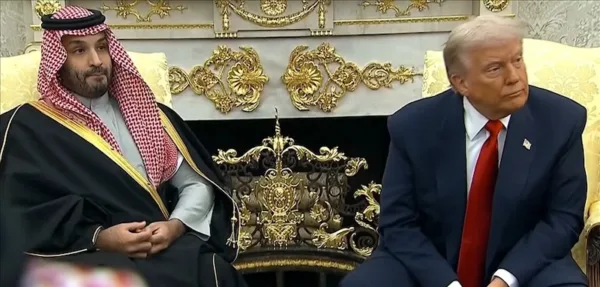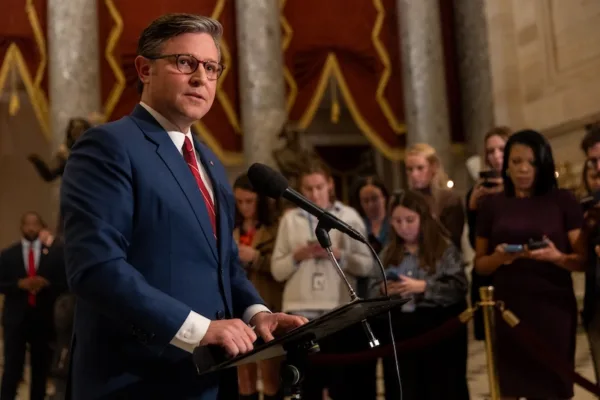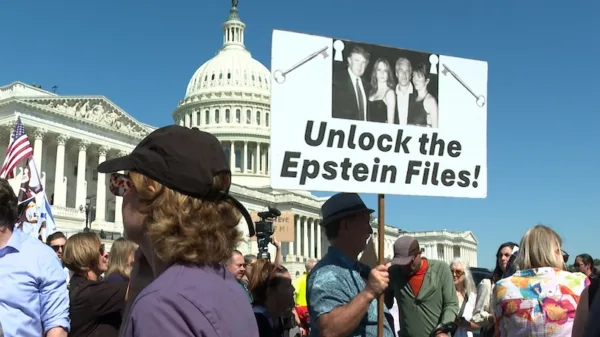Current Challenges in US-Turkey Relations
On Thursday, January 25th, The SETA Foundation at Washington DC hosted a panel discussion, “Current Challenges in the US-Turkey Relations,” that focused on major issues facing relations between the US and Turkey, particularly how the situation in northern Syria has affected ties between the two NATO allies. Panelists included Luke Coffey, Director of the Douglas and Sarah Allison Center for Foreign Policy at The Heritage Center; Ambassador James Jeffrey, Philip Solondz Distinguished Fellow at The Washington Institute for Near East Policy; and Kilic B. Kanat, Research Director at The SETA Foundation at Washington DC. The discussion was moderated by Kadir Ustun, Executive Director at The SETA Foundation at Washington DC.
Kilic Kanat started the conversation by explaining that despite the number of pitfalls bilateral relations have experienced, Turkey and the US have strong historical ties. He noted that both countries are NATO members, a significant alliance that is momentarily going through a few challenges. Kanat added US allies worldwide, not only in Turkey, are sensing increased ambivalence from US allies, and in every region, there are US has allies that have concerns about the US’ strategic goals. In regards to Turkey, he explained, in the past 3 years there have been an increasing antipathy regarding US policy on the YPG. In regards to Turkey-US relations, Kanat said there are broken promises about the PKK/YPG.
Luke Coffey pointed out that former US President Barack Obama was the one that decided to form an alliance with the YPG, but that President Donald Trump has double downed on that alliance. Coffey explained that the US makes promises that they cannot keep. For example, “we said that the SDF would be more representative of the society in northern Syria, we said that the YPG would be contained in one area and these are promises that the we cannot enforce.” However, he asserted that the biggest problem is the border in Syria, since there is a lack of coordination between the different agencies in the White House. Coffey said he was relaxed about the impact that this would have in US-Turkish relations, because the Afrin operation will allow everyone an opportunity to recalibrate where they stand in this relationship.
James Jeffrey asserted that there is no US policy in Syria and Iraq without the coordination of the US and Turkey. Ultimately, he explained, it is hard for Turkey to operate in those areas without US support, and this support goes both sides. Jeffrey said that terrorism is a very sensitive issue in Turkey and the US. It is also something that politicians are able to use to show and publicized that they have combated effectively. While both countries see the necessity of addressing the threat of terror, the US sees ISIS as the main issue, while Turkey sees the PKK as a greater threat. Though ISIS has carried out attacks inside Turkey, the PKK presents a more dangerous concern. The ambassador also said that there is a lack of coordination in US policy Syria due to differences between the people in the field and the people in Washington. “How can we coordinate with Turkey if we cannot even coordinate within the different US agencies?”
Current Challenges In US-Turkey Relations


